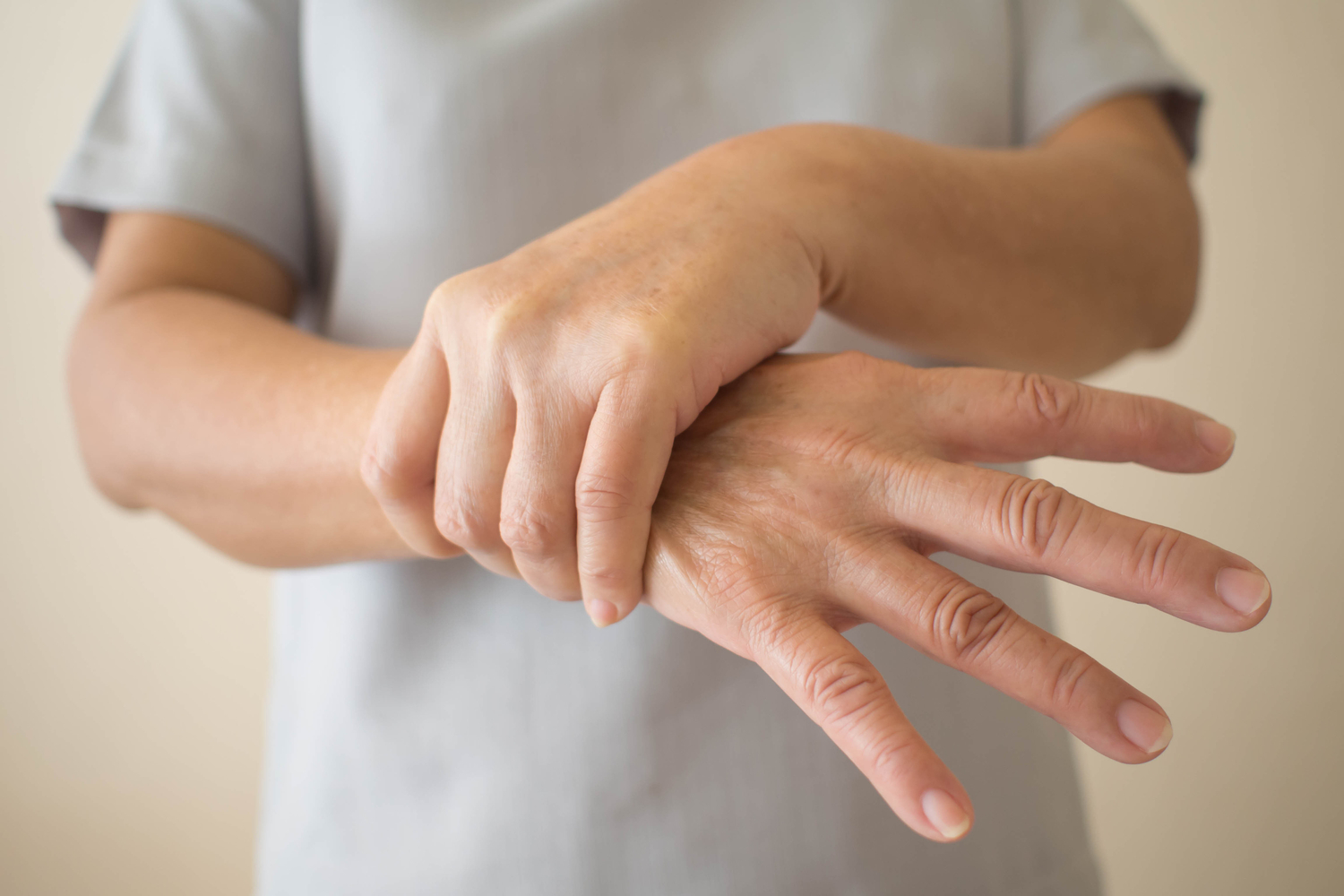
6 Early Signs Of Parkinson’s Disease
Parkison’s disease—a brain disorder that impacts the nervous system and results in a variety of challenging symptoms. This disease can affect the patients quality of life through negatively impacting their ability to move. Many patients choose to take medications and treatments that ease their symptoms, such as Gocovri ER, Rytary, Ingrezza, Austedo XR; however, it’s important to look at side effects, as some medications can cause symptoms like tardive dyskinesia. There is also what’s known as medication-induced Parkinson’s, a consequence of certain drugs. This is exemplified by Austedo (deutetrabenazine), especially in its extended-release form, Austedo XR. This medication is prescribed for chorea associated with Huntington’s disease, but if you have any Parkinson’s disease side effects/symptoms, speak to your doctor immediately. Additionally, the financial burden of Austedo XR choreahd medication cost, and related medications like Ingrezza xr hdchorea medication cost, raises significant concerns. Balancing therapeutic benefits with financial considerations is crucial for healthcare professionals to address with patients.
Ultimately, the sooner this disease is diagnosed, the sooner patients can receive treatments and experience some relief of symptoms. Here’s 6 early signs of Parkison’s disease:
1. Tremors
Tremors are one of the most common and most characteristic symptoms of Parkinson’s. Tremors can show up as shaking, or other involuntary movement of the body. Typically this symptom begins in the fingers or hand, and is often called the ‘pill-rolling’ tremor—where you rub your thumb and forefinger together. Any unexplained, involuntary tremors are a raise for concern and could lead to a potential diagnosis for Parkinson’s.
2. Stiff-looking walking
If anyone has commented that you look stiff while walking lately, this could be a sign of Parkinson’s. With the disease, normal, unconscious movements like swinging your arms while walking may stop—you’ll have to think about doing it in order for it to happen, whereas for individuals without Parkinson’s naturally do it without trying.
3. Issues with urinating
With Parkinson’s affecting the nervous system, the messages sent to your brain may become blocked or interfered with. When this comes to the bladder, messages that have been interfered with may result in an overactive bladder, frequent urges to urinate in the night that interrupts sleep, urinary incontinence, and more.
4. Slowed movements
Known as bradykinesia, this symptom of Parkinson’s makes movements and simple tasks take much longer and a patient may experience decreased mobility. This symptom can be frustrating as daily tasks can become time-consuming and more challenging—getting out of bed in the morning may take longer, walking may become shuffling, and more.
5. Changes in speech
If you or someone else has noticed that your speech has changed, this can be a sign of Parkinson’s. Whether you have started to speak more softly, with a slur, or hesitation before talking, these can all be signs.
6. Limited or no facial expressions
You may not even realize it until someone points it out, but Parkinson’s can result in limited or no facial expression. While talking, you will assume you’re making these expressions, but really they may not be there at all.


